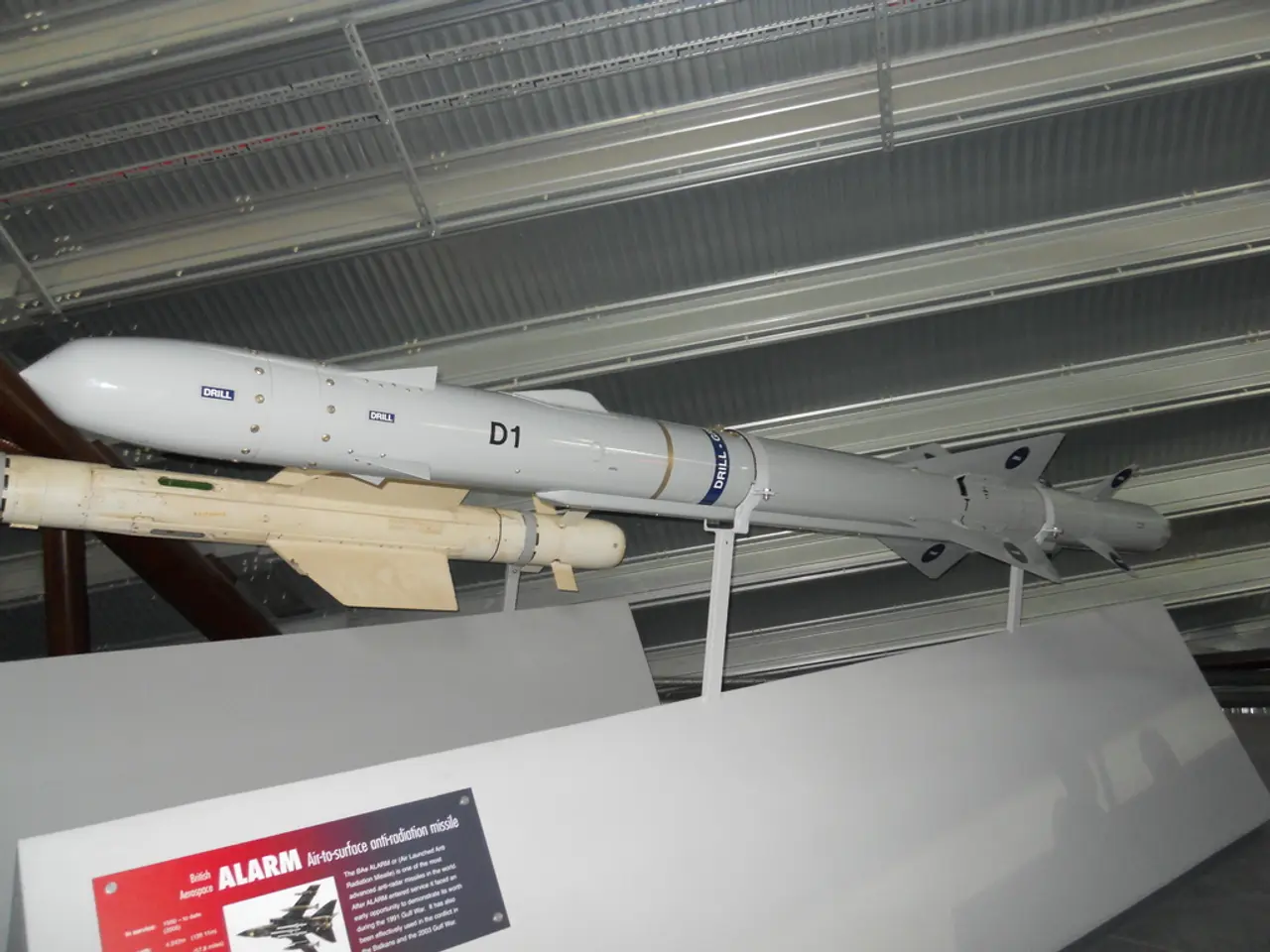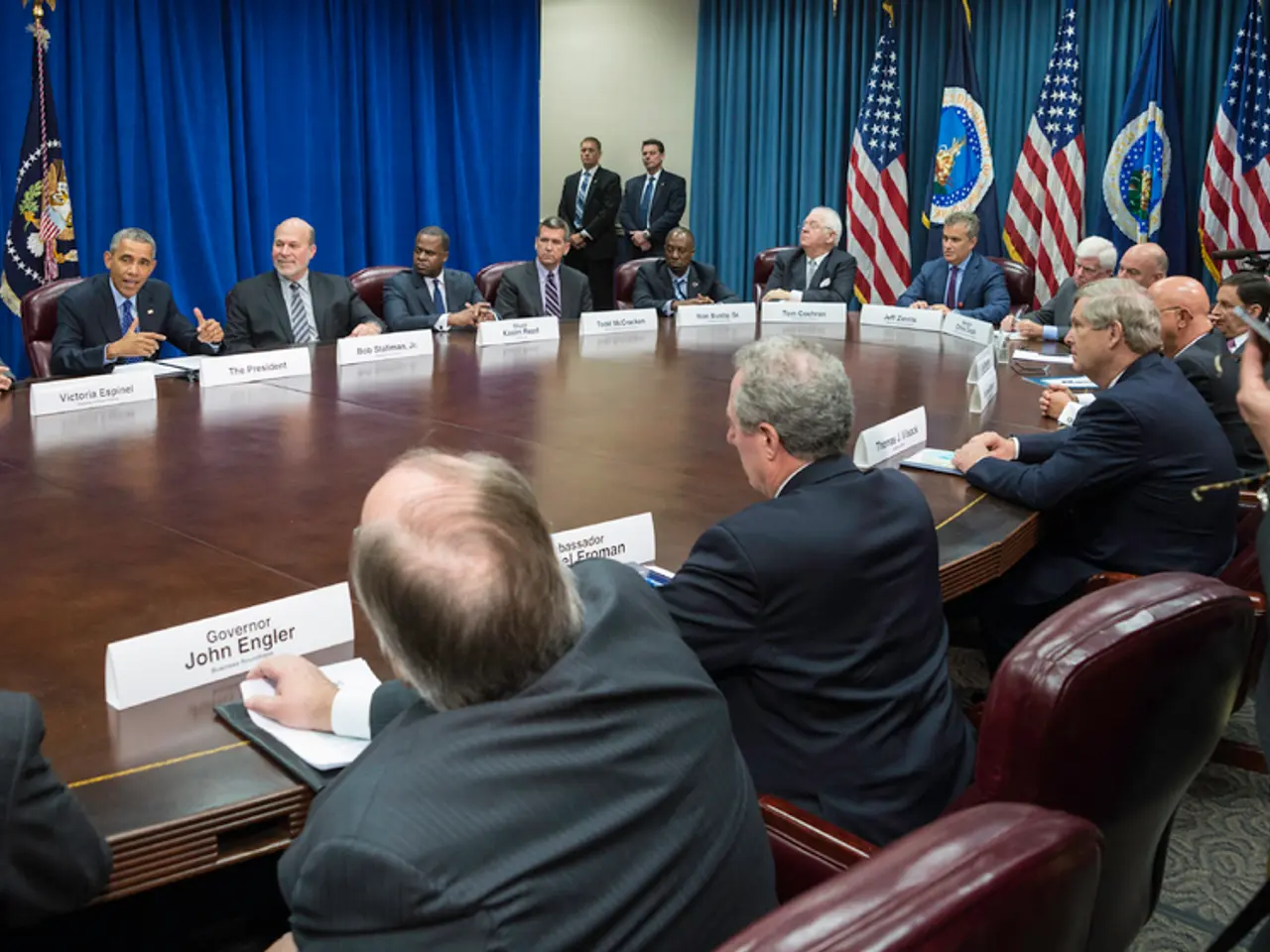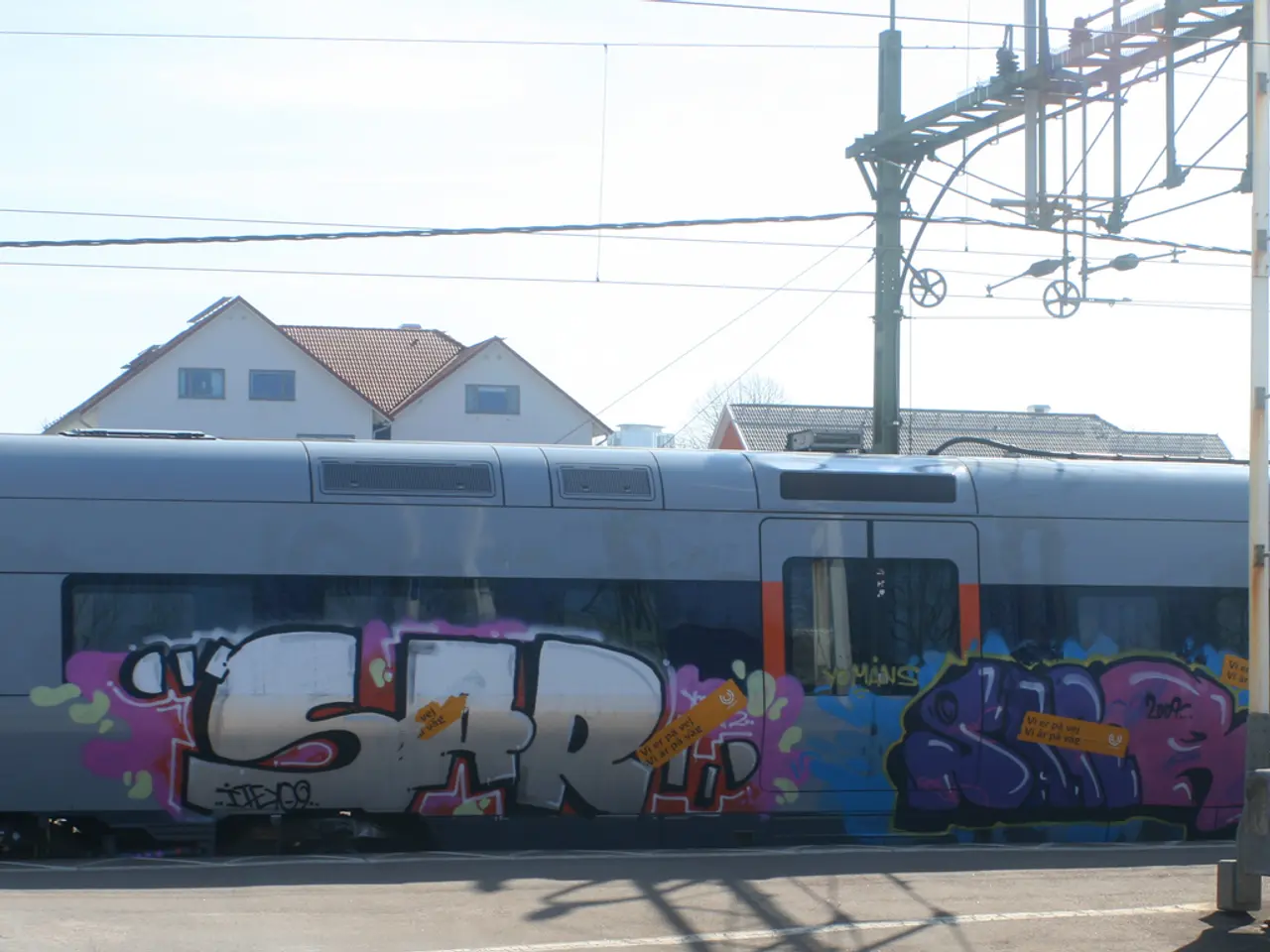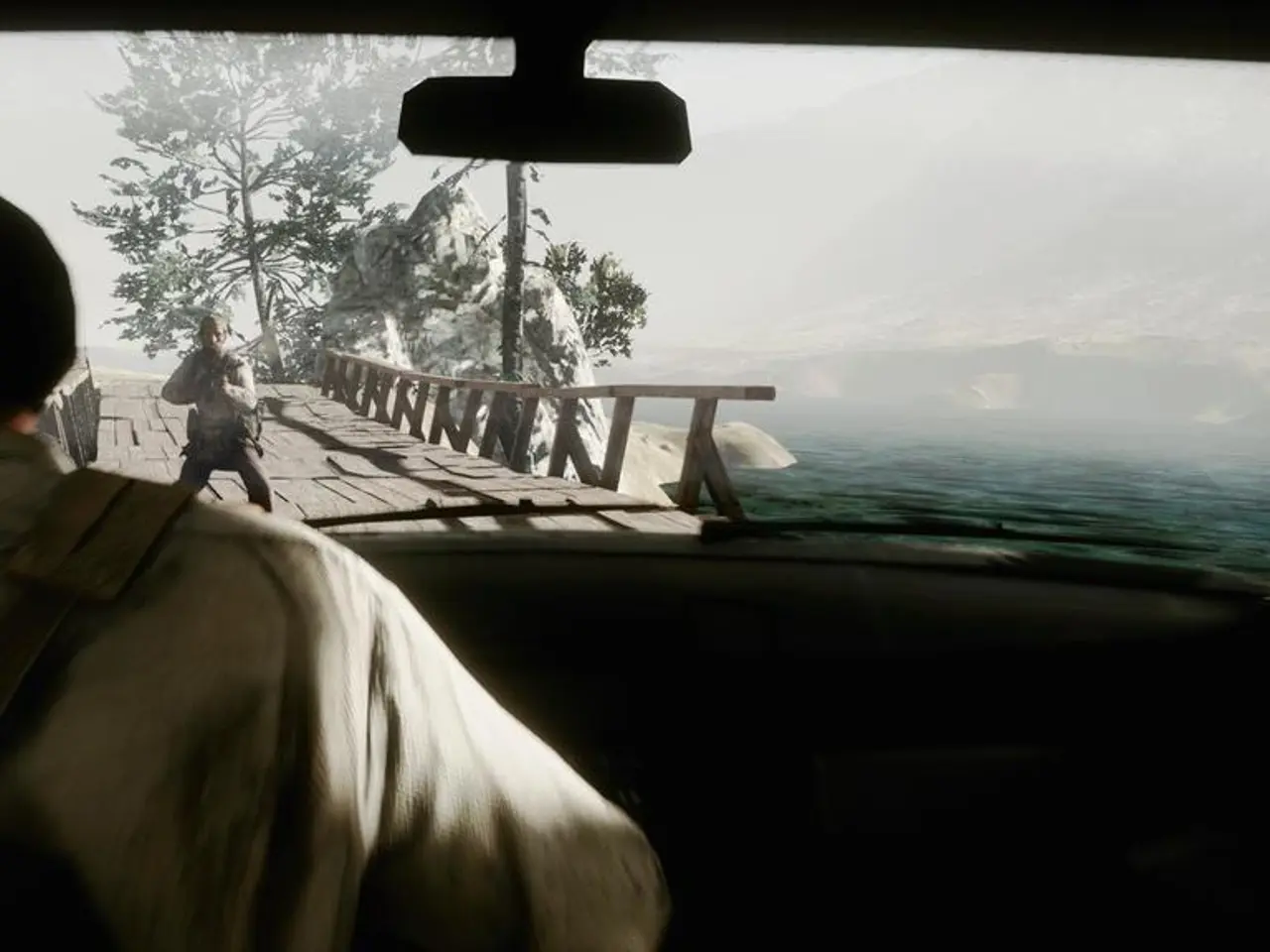A depiction of defeat or failing endeavor
In the heart of Germany, the events of the Thuringian Peasants' War and the Battle of Frankenhausen hold significant historical and cultural importance, although their remembrance may not be as widespread as some other historical events like World War II.
The German Peasants' War, a series of revolts by peasants and artisans against the nobility and clergy, took place between 1524 and 1525. Influenced by the ideas of the Protestant Reformation, which emphasized the equality of all people under God, the Thuringian Peasants' War demanded fewer feudal burdens and more freedoms. However, it ended tragically on May 15, 1525, on Battle Mountain in northeastern Thuringia, where the mercenary army of the princes surrounded the peasants, resulting in the slaughter of 6,000 of them.
The Battle of Frankenhausen is remembered as a significant struggle for social justice and equality, reflecting the deep-seated discontent among the common people against feudalism. Thomas Müntzer, a charismatic theologian and social revolutionary, called them to the last battle. Müntzer was captured and executed, marking the end of the Thuringian uprising.
The legacy of the Peasants' War and figures like Thomas Müntzer continue to influence German culture, particularly in the regions where the events took place. Müntzer is celebrated as a pioneer of social reform and a symbol of resistance against oppressive systems. The tour of the museum, which portrays the events of the Thuringian Peasants' War, is a strong remedy against marveling at improbable things in the current century. It teaches that the state of exception is the norm, and that golden years last no more than thirty springs at a time.
In 1975, the SED commissioned Leipzig painter Werner Tübke to create a panorama on Battle Mountain to commemorate the Thuringian Peasants' War. The panorama, titled "Battle of the Peasants' War on Altenburg Hill," is 14 meters high and 143 meters in circumference. Thomas Müntzer is depicted in the panorama, standing on a light background in front of a burned field, with his head bowed and the rainbow flag of the uprising falling from his hand. The museum is being promoted as the "Sistine Chapel of the North".
While not as prominent in everyday discourse as other historical events, the Peasants' War is commemorated in local festivals and historical reenactments, especially in regions like Thuringia. It serves as a reminder of the long-standing struggle for democracy and social rights in Germany. After the Thuringian Peasants' War, there were a few centuries of revolution-free peace. However, the ideals of social justice and equality that the Peasants' War represented continue to resonate in contemporary German society.
In the words of Walter Benjamin, the ancestors have a claim on us, even if we share little more than an echo of their voices, a faint "breath of air" that once surrounded them. The Thuringian Peasants' War and the Battle of Frankenhausen are a testament to the enduring spirit of resistance against oppression and a call to remember and learn from the past.
Policy-and-legislation discussions in Germany sometimes revolve around the impact of the Thuringian Peasants' War and its contemporary relevance, reflecting the general-news interest in this significant historical event. The Battle of Frankenhausen, symbolizing the struggle for social justice and equality, continues to inspire political debates on issues such as equality, opposition to feudalism, and the right to resist oppressive systems.







